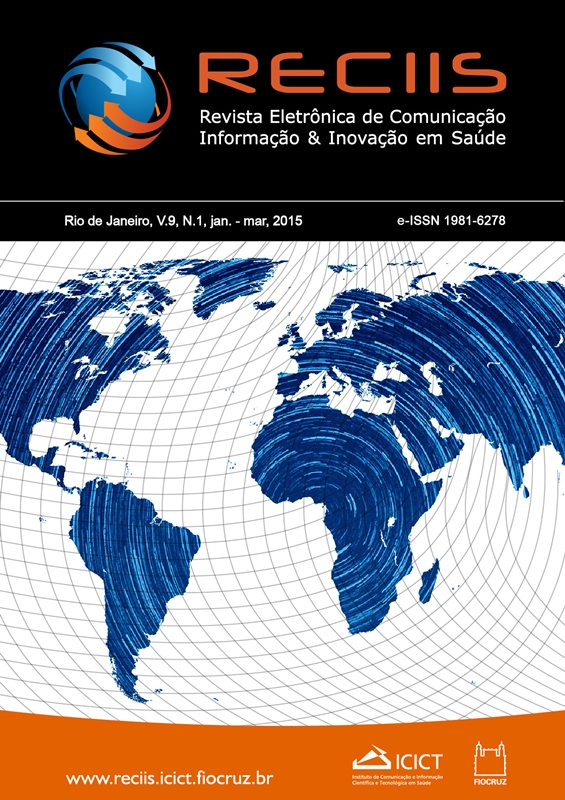The global contamination risk: the battle against Ebola epidemic in Africa as a vector of international cooperation
DOI:
https://doi.org/10.29397/reciis.v9i1.936Keywords:
International cooperation, Health policy, planning and management, Contamination, Ebolavirus, AfricaAbstract
Considered the largest epidemic of Ebola since the first outbreak in 1976, West Africa has faced great challenges, especially endogenous, to contain the disease spreading. Our objective is to analyze the current epidemic of Ebola in the light of the neoliberal institutionalism and the logic of collective action, using as methodology the strategy of nested analysis. It is concluded that the risk of an Ebola pandemic has worked as an incentive for the involved actors want to cooperate. The results lead the discussion to an area little explored academically: the international medical ethics, which raises questions like: "why is not given priority to Africans in the differential treatment against Ebola?" and "what is the true role played by WHO when dealing with large epidemics?” The study breaks new ground when it deals with the logic behind the international cooperation concerning health in Africa and adds infographic maps to international politics literature.How to Cite
Issue
Section
License
Author’s rights: The author retains unrestricted rights over his work.
Rights to reuse: Reciis adopts the Creative Commons License, CC BY-NC non-commercial attribution according to the Policy on Open Access to Knowledge by Oswaldo Cruz Foundation. With this license, access, download, copy, print, share, reuse, and distribution of articles is allowed, provided that it is for non-commercial use and with source citation, granting proper authorship credits and reference to Reciis. In such cases, no permission is required from the authors or editors.
Rights of authors’s deposit / self-archiving: The authors are encouraged to deposit the published version, along with the link of their article in Reciis, in institutional repositories.












